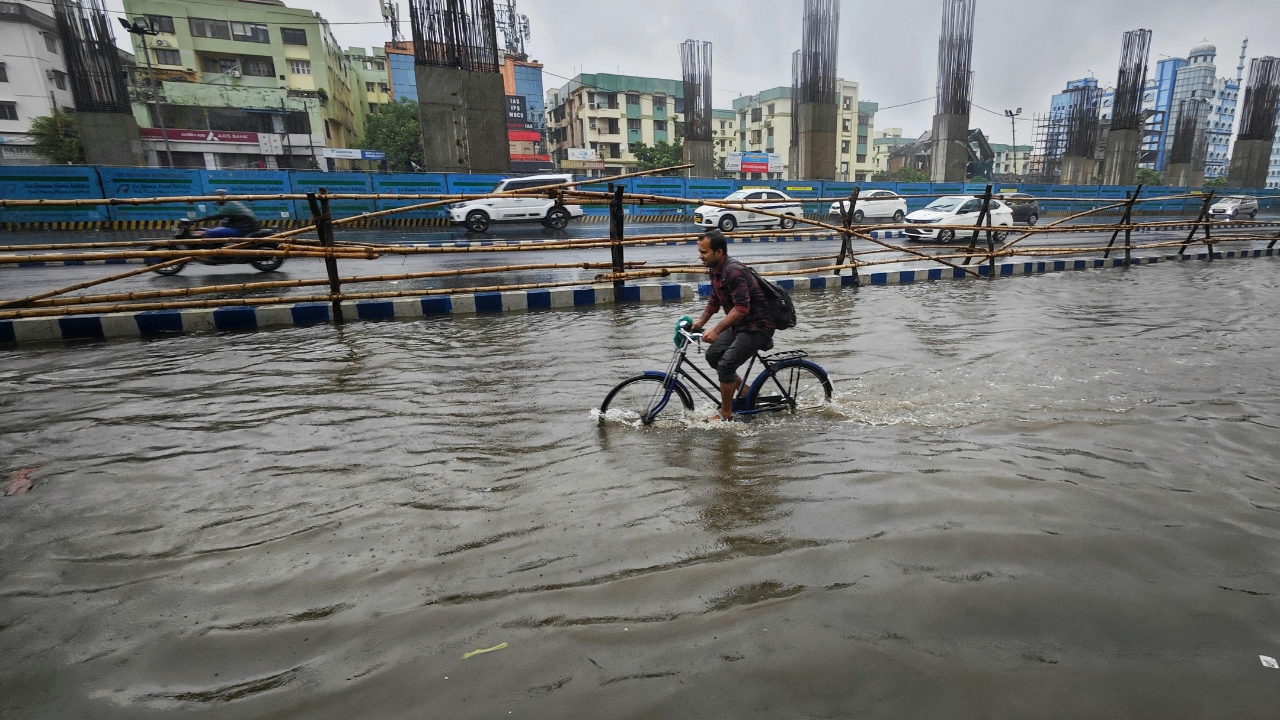Monsoon Brings Mental Health Challenges, Says Expert. Know How to Combat It

Credits: Pexels
SummaryThe monsoon season, while often enjoyed for its cooling rains, can also bring mental health challenges. Anxiety and depression are common during this time, exacerbated by situations like being stuck in waterlogged traffic. Experts suggest methods to combat these effects, emphasizing safety, positive distractions, and mindfulness practices. Read on to know more.
End of Article
